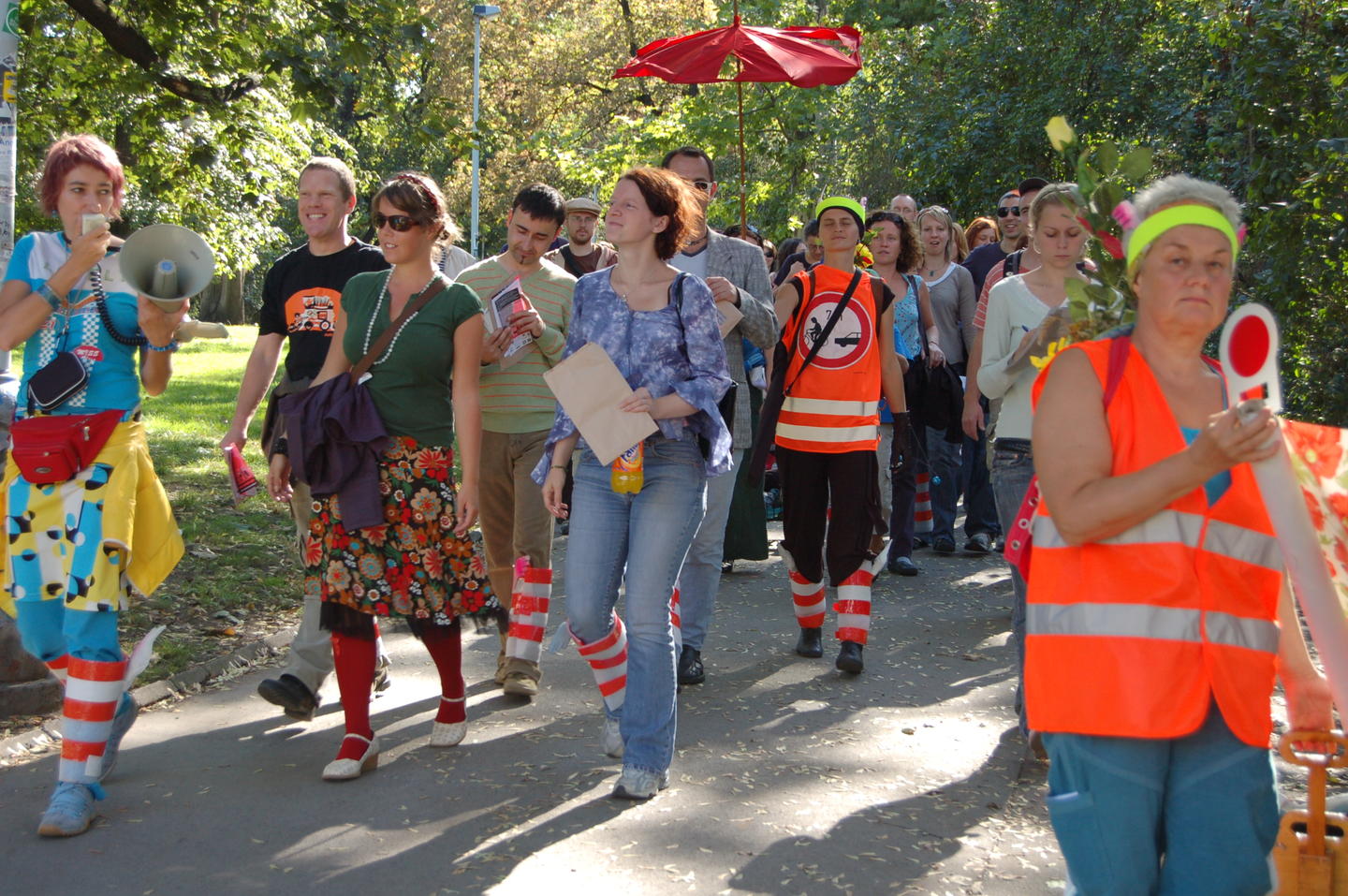At end-April 2009, NGO funds, scholarship funds and regional development funds across Southern and Central Europe received additional funding from the EEA and Norway Grants.
"It is a great advantage for us to get this extra funding, making it possible to finance a larger number of projects," says Anna Samarüütel who is in charge of the Estonian fund 'Strengthening local and regional development'. The fund has laready awarded grants to 22 projects aimed at strengthening administrative capacity in local governments and promoting regional and local cooperation in Estonia. The fund has now been allocated an additional €0.9 million. The fund's second and final open call closed on 1 April, and Samarüütel is now looking forward to awarding a new round of grants to regional development projects.
Spurring more bilateral cooperation
2 Polish funds, both supporting projects with partners from the donor states, also received a considerable allocation. The Polish-Norwegian research fund received the biggest boost with more than €8 million in extra funding. The research fund provides support for to joint Polish-Norwegian research projects as well as supporting workshops and seminars facilitating research cooperation between the two countries. The Cultural Exchange Fund, supporting projects with partners from Iceland, Liechtenstein or Norway, also received a €5.5 million grant addition. This will enable the fund to support additional projects in fields such as performance art, cultural heritage, music and dance.
Additional support to civil society
The EEA and Norway Grant have also increased the funding to the civil society sector. The NGO funds in Bulgaria, Hungary, Latvia and Romania have all received a substantial top-up. In total, the EEA and Norway Grants have now committed more than €85 million to NGO funds in 12 beneficiary states, contributing to activities such as capacity building, promotion of human rights and freedom of speech, and public policy initaitives.
The EEA and Norway Grants support 69 funds and programmes in 15 beneficiary states, often providing smaller and more easily-accessible grants to specific groups.
